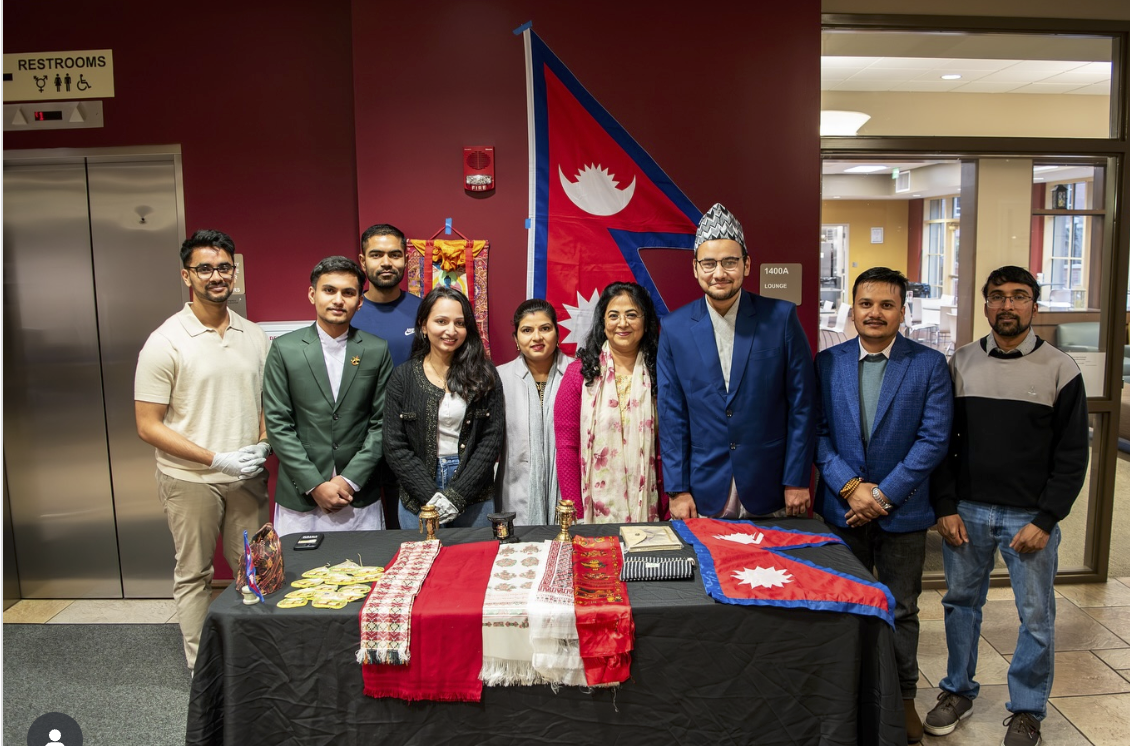From Friend Request to Forever

If someone had told me years ago that one single Facebook message would completely change my life, I'd have likely laughed . Social media is all noise—likes, shares, tags—but it provided me with something life-changingly true: love. I met my future spouse on Facebook. At the time, he was a total stranger. I honestly can't even recall who initiated the first friend request, but I do remember the conversation that followed. It started small: a hello, a comment on a post, shared interest. Over time, we started talking more. One thing that surprised me was how easy it felt, even through a screen. He was mannered, thoughtful, witty, and genuinely wanted to get to know me. Over time, our chats grew long. We had become good friends, never having even met. Then, eventually, that friendship blossomed into something more. What began as a surprise Internet connection transformed into a relationship of trust, laughter, and love. Fast-forward to today—...


